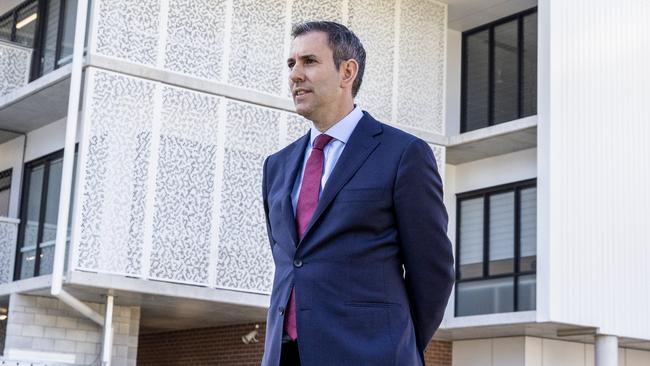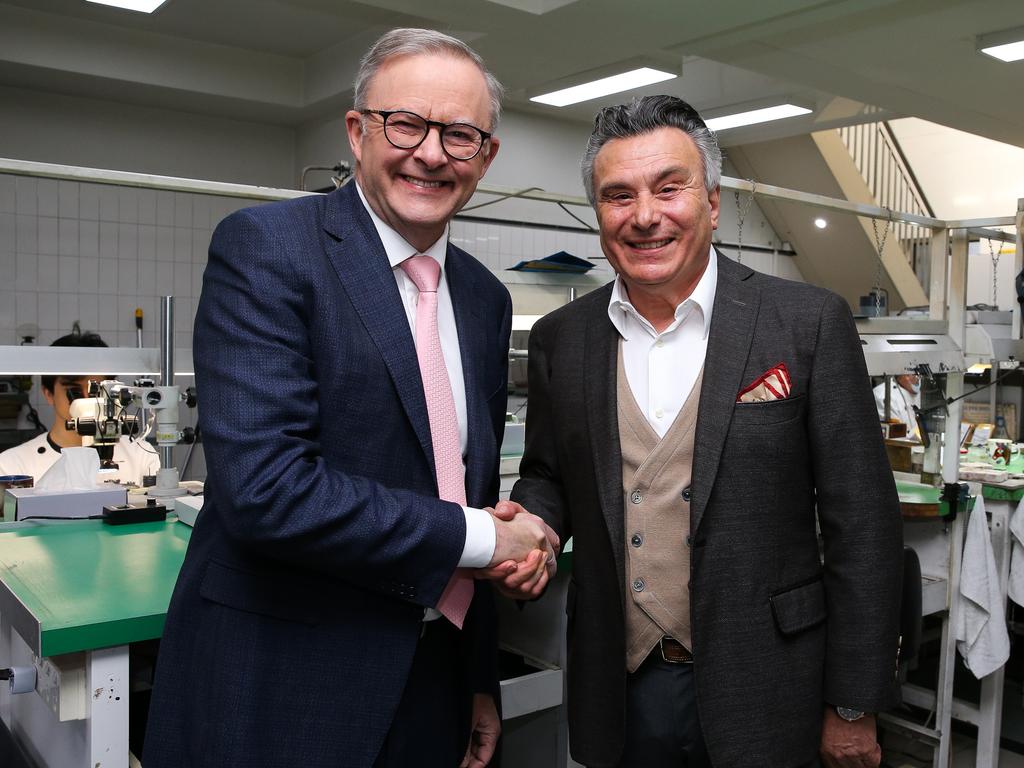
Under current arrangements the total amount that can be kept by an individual in tax-free super is $1.7m – that is set to rise to $1.8m next year following the inflation jump recorded in recent months.
But Colonial Super – the biggest retail fund in the sector – is warning financial advisers the automatic expansion of tax-free super may not come to pass with the government seeking savings in the tax system.
At the same time, stakeholder groups have also called on the government to introduce a first time cap of $5m on the amount any individual can have in the super system (either tax free or incurring accumulation phase tax).
The amount that can be held in the system by an individual is currently unlimited, with a small number of exceptionally wealthy superannuants running very large balances.
In 2017, the Coalition introduced the first ever tax on super income, which was the Transfer Balance Cap at $1.6m – under this rule earnings on amounts above the cap can be taxed at 15 per cent. The cap stood unchanged until 2020 when it moved to $1.7m. But inflation is now moving so quickly – at an annualised rate of 6.1 per cent – the cap should automatically increase again in July 2023. (The increases are preset in $100,000 amounts.)
Craig Day, head of technical services at the $90bn Colonial, has warned financial advisers: “We have a federal budget on 25 October this year and we’ve got a new government that’s looking for savings, so there’s always a risk that the federal government could actually freeze indexation of the transfer balance cap.
“The trigger to raise the current $1.7m cap has already occurred within the recent inflation figures – the only way it won’t happen is if inflation went backwards by the end of the year and that is very unlikely,” he said.
“If the government says in the federal budget that you’re not getting that indexation, well, you’ve potentially just missed out.”
Analysts within the sector believe the government will move on super – possibly introducing the indexing freeze and putting in place a total amount in super cap when Jim Chalmers hands down his first budget.
Senior industry figures believe the government has little wriggle room to make savings since there is a pre-election promise not to change negative gearing or capital gains tax settings. However, the ALP did not match the Coalition’s promise of a moratorium on adverse changes to super.
Some see a $5m cap proposal – from the Australian Superannuation Funds Association and the Australian Institute of Superannuation Trustees – as a pre-emptive move to halt the government from putting through lower caps.
Any moves by the Treasurer – and Superannuation Minister Stephen Jones – to peel back concessions will need to be balanced with increases to the government pension, which is due to be indexed again in September. The aged pension was already increased in March this year.
An estimated 1.5 million older Australians with super have little or no access to the aged pension. At the other end of the spectrum only a tiny fraction of superannuants have more than $5m – the estimated number is around 11,000.
In a recent budget submission, the AIST said total superannuation balances of more than $5m (regardless of whether they are in the accumulation or pension phase) should not be permitted within the superannuation system. The proposal suggested excess amounts should be removed from the system entirely.
Earlier this year, the AIST released research by Mercer that found that the value of earnings tax concessions enjoyed by a single $10m SMSF in a year would allow for 3.1 full age pensions to be paid. Based on Australian Taxation Office figures, Mercer estimated that the earnings tax concessions from high-balance members would allow for over 240,000 full age pensions to be paid at the end of a single tax year.








Speculation is mounting the October budget will see a cut back in superannuation concessions, with a major fund warning the government may not allow an expected expansion of so-called caps.